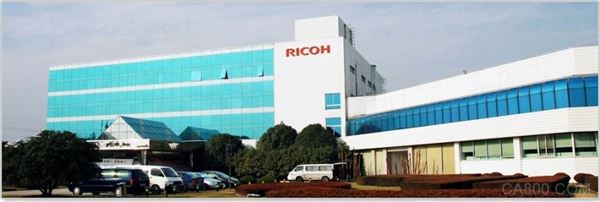Ricoh Japan officially announced on May 16 that it will transfer its production of copiers from the United States to China. Ricoh will transfer production to Thailand to reduce its impact as a result of the fourth round of tariff sanctions imposed by the Trump administration in the United States. It is expected that the transfer production will take about two months to complete. In the context of the signs that the Sino-US tariff war has not subsided, other large copier manufacturers are also discussing the transfer to China, and the impact of tariffs on corporate strategy is expanding.

The fourth round of tariffs on China is targeted at about 3,800 categories, with a maximum tariff of 25%. It is expected to start after the end of June. In the fourth round, most of the goods were highly dependent on China’s imports. According to US trade statistics, China accounted for 52% of the total import of copiers in 2018.
Ricoh currently produces photocopiers for the United States in Shenzhen, China and Rayong, central Thailand. In Shenzhen, it mainly produces high-end models that can achieve high-speed printing. It produces cheaper models in Thailand, and all products for the United States will be produced in Thailand in the future. In order to transfer production, the production line in Thailand will be strengthened. The models produced in China and the parts produced in Thailand are 7 to 80% common, and it is expected to cope with production transfer as soon as possible.
The output to the United States accounts for 10% of Ricoh’s copier production in Shenzhen. Production in Europe, Asia and Japan will continue in Shenzhen in the future. In the fiscal year 2018 (as of March 2019), the sales of the Ricoh copier business was approximately 1.0864 trillion yen, of which approximately 30% were in the Americas.
In the copier market, Japanese companies have a global share of about 70%. In the context of the advancement of paperless office, which makes it difficult to expect growth in printing demand, many viewpoints suggest that it is difficult to pass the part of the tariff increase to the price of the product. Ricoh quickly moved its production for US models from China to ensure competitiveness.
Fuji Xerox and Canon also produce photocopiers for the United States in China. Fuji Xerox sells copiers in the United States through Xerox in the United States, saying that “the best countermeasures will be discussed while observing future trends.” Canon said that it will “focus on developments” and that the trend of copier manufacturers shifting production is likely to expand.
